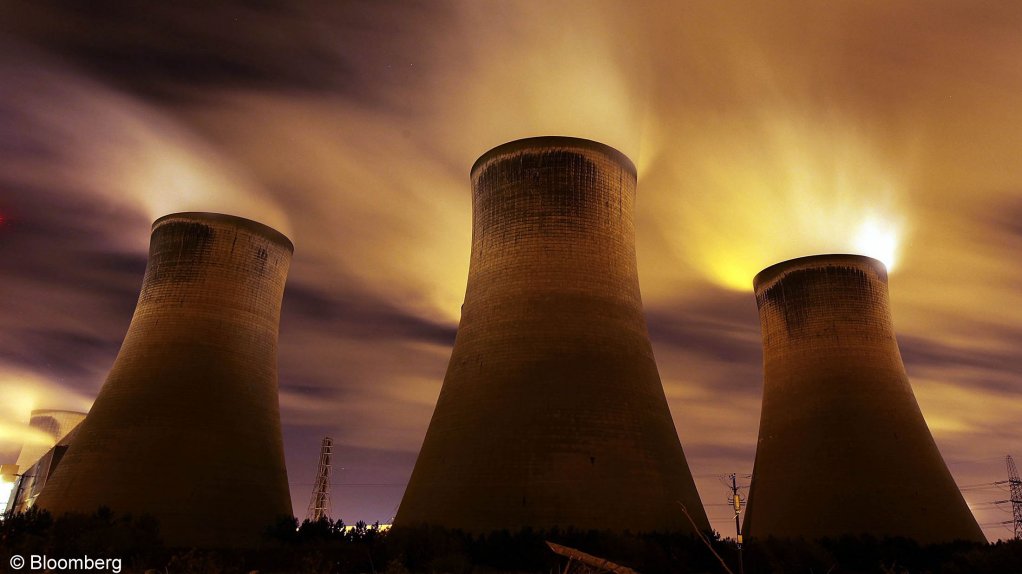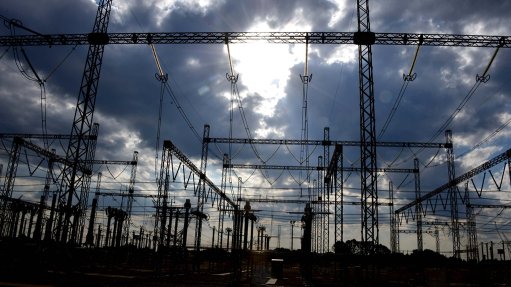Global climate action insufficient to meet 2050 goal of 1.5 °C limit – report
Global emissions, which are continuing to rise by 1.5% a year, must be cut by 7% every year until 2030 to limit global warming to 1.5 °C, as agreed by countries that signed the Paris Agreement in 2015.
This size of emissions reduction is unprecedented, surpassing the percentage of reduced global emissions during the shutdowns caused by the Covid-19 crisis.
While progress has been made in several areas, significant gaps remain in national commitments and policies, corporate climate action, green technology scaling and funding.
These are among the findings presented in the White Paper titled ‘The State of Climate Action: Major Course Correction Needed from +1.5% to −7% Annual Emissions’, which was published on January 8 by the World Economic Forum (WEF), the Alliance of CEO Climate Leaders and Boston Consulting Group (BCG).
The Alliance of CEO Climate Leaders is comprised of more than 125 CEOs across 25 countries and 12 industries. The publication focuses on climate change and emphasises immediate substantial action to combat it.
“The findings in this report are a wake-up call to the world, reaffirming that the status quo is no longer an option. Governments, companies, and other stakeholders must act in lock step to meet our ambitious climate goals,” said BCG global chair and Alliance of CEO Climate Leaders chief adviser Rich Lesser.
He said that national and corporate commitments and actions were still widely insufficient.
As of mid-2023, the share of global emissions covered by national net zero targets exceeded 80%, which was up from virtually zero only a few years ago. However, only a third of global emissions are covered by net-zero targets for 2050 – the rough target date required to maintain a 1.5 °C limit.
The shorter-term gap is significant, as only 20% of emissions also covered by Nationally Determined Contributions almost aligned to a 1.5 °C ceiling. As such, the White Paper states that stronger commitments and actions are needed from the ten largest emitters, which account for half of the gap to 1.5 °C.
On the corporate side, it was shown that progress in recent years has been substantial. The total number of companies with commitments to 1.5 °C science-based targets has increased more than six-fold between the end of 2020 and August 2023. However, fewer than 20% of the world’s 1 000 largest companies have now set this type of target, and almost 40% have no net-zero commitment at all.
In Africa, Nigeria is the only country of those surveyed that has a National Net Zero commitment currently in place, with several countries committed to meeting Net Zero Target emissions at or before 2050. These include South Africa, Malawi, Namibia and Rwanda. Most other African countries however have no commitments in place.
The paper also highlighted a significant technology and funding gap.
While most green technologies required to achieve net zero exist already, those that are, or will soon be, cost competitive would only cover about 55% of global emissions.
Others, including deep decarbonisation technologies such as hydrogen; carbon capture, usage and storage (CCUS); and direct air capture, are still in early stages of development and scaling too slowly. To catch up, innovation and industrial scaling need to accelerate at nearly unprecedented levels.
Among key root causes, it was noted that a $2-trillion gap in climate funding remained in 2022, with critical gaps in early technologies and infrastructure. Bioenergy, hydrogen, sustainable aviation fuel, CCUS and battery storage collectively received only about 2% of 2022 global mitigation funds.
The gap is also twice as large in lower-income countries as in higher-income ones, with the former subject to lower capital availability and higher perceived risks.
The White Paper suggests that a major course correction is needed globally. As such, several near-term priorities have been put forward in the report to keep the 1.5 °C increase limit within reach.
These actions include unlocking bolder, more rapid national commitments and actions, while deploying carbon pricing and border taxes, and supporting actions in nature, agriculture and food.
Further, it has been recommended that stakeholders remove obstacles to the transition, such as permitting times, supply chain risks and skills gaps. There also needs to be a shift in corporate focus to bolder targets and transparency for themselves and their supply chains.
In addition, incentives need to be strengthened to massively scale-up high-impact technologies and necessary infrastructure, while more climate financing needs to be raised for the Global South, together with more ambitious mitigation action.
“The alarming trends and lack of progress underscored in this comprehensive paper cannot be ignored. The urgency and scale of the climate crisis demand immediate and coordinated action at a global level,” WEF climate ambition initiatives head Pim Valdre said.
“Although the contribution to the overall global emissions from Africa is limited, the impact of climate-related change is not. We know from South Africa's Net-Zero Transition report, that the economic and social cost of inaction is massive. Approximately 50% of South Africa’s export value, more than one-million direct jobs, and some 15% of gross domestic product will be at risk if carbon emissions in South Africa are not reduced,” BCG climate and sustainability and energy practices and Africa hydrogen node principal and lead Kesh Mudaly warned.
He said that matching the response to climate change across Africa while dealing with key socio-economic challenges was a balancing act.
“Fundamentally the response is about economic competitiveness and lifting people out of poverty, inequality and unemployment, while contributing to the global goal of reducing carbon emissions,” Mudaly said.
Article Enquiry
Email Article
Save Article
Feedback
To advertise email advertising@creamermedia.co.za or click here
Press Office
Announcements
What's On
Subscribe to improve your user experience...
Option 1 (equivalent of R125 a month):
Receive a weekly copy of Creamer Media's Engineering News & Mining Weekly magazine
(print copy for those in South Africa and e-magazine for those outside of South Africa)
Receive daily email newsletters
Access to full search results
Access archive of magazine back copies
Access to Projects in Progress
Access to ONE Research Report of your choice in PDF format
Option 2 (equivalent of R375 a month):
All benefits from Option 1
PLUS
Access to Creamer Media's Research Channel Africa for ALL Research Reports, in PDF format, on various industrial and mining sectors
including Electricity; Water; Energy Transition; Hydrogen; Roads, Rail and Ports; Coal; Gold; Platinum; Battery Metals; etc.
Already a subscriber?
Forgotten your password?
Receive weekly copy of Creamer Media's Engineering News & Mining Weekly magazine (print copy for those in South Africa and e-magazine for those outside of South Africa)
➕
Recieve daily email newsletters
➕
Access to full search results
➕
Access archive of magazine back copies
➕
Access to Projects in Progress
➕
Access to ONE Research Report of your choice in PDF format
RESEARCH CHANNEL AFRICA
R4500 (equivalent of R375 a month)
SUBSCRIBEAll benefits from Option 1
➕
Access to Creamer Media's Research Channel Africa for ALL Research Reports on various industrial and mining sectors, in PDF format, including on:
Electricity
➕
Water
➕
Energy Transition
➕
Hydrogen
➕
Roads, Rail and Ports
➕
Coal
➕
Gold
➕
Platinum
➕
Battery Metals
➕
etc.
Receive all benefits from Option 1 or Option 2 delivered to numerous people at your company
➕
Multiple User names and Passwords for simultaneous log-ins
➕
Intranet integration access to all in your organisation



















